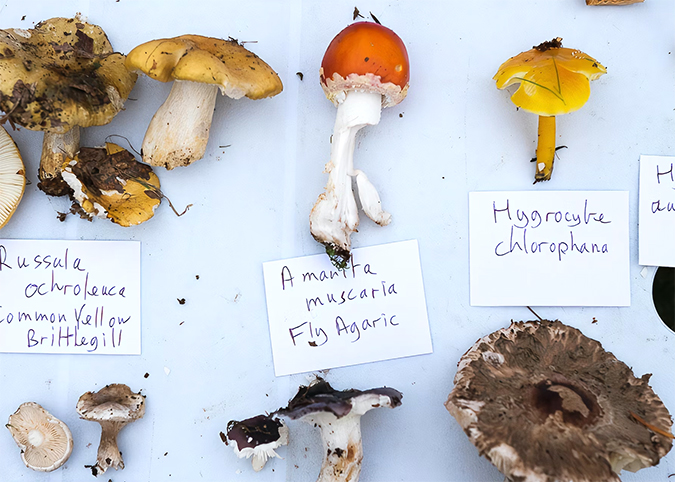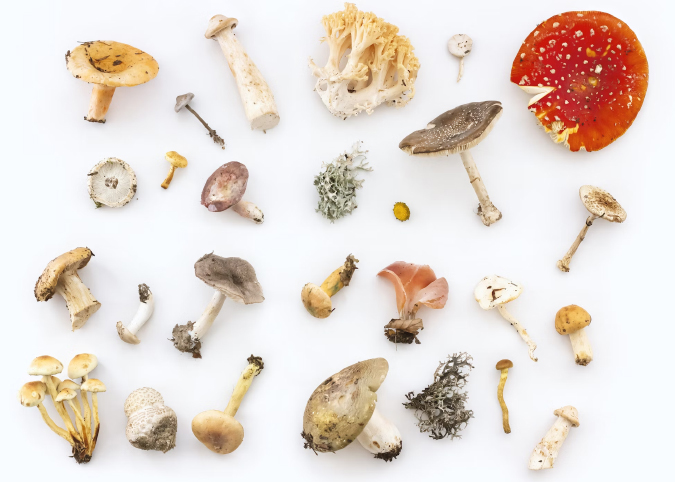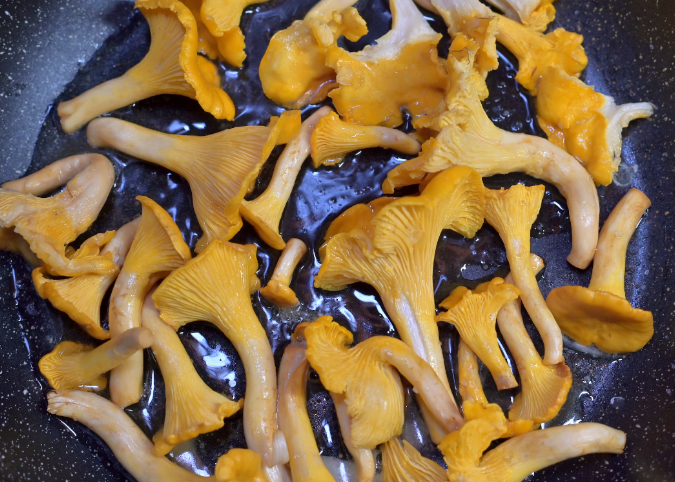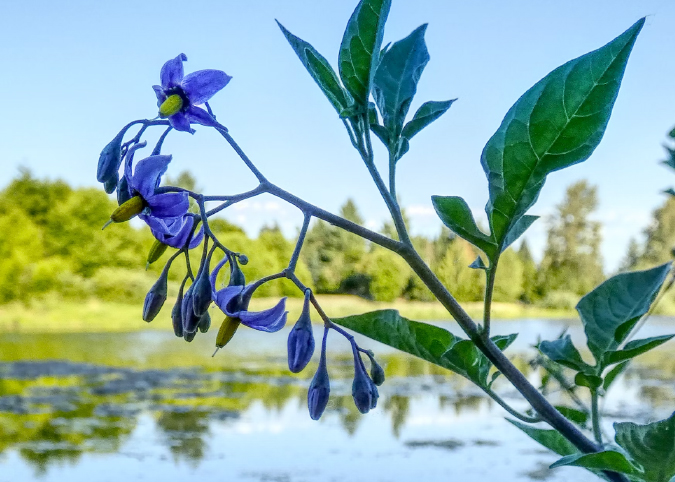In the age of technology, we have seen artificial intelligence (AI) revolutionize industries, from healthcare to finance. AI algorithms are designed to provide us with recommendations. This helps us make informed decisions in various aspects of our lives. But, even the most advanced AI systems are not immune to glitches and shortcomings.
AI Identifying Poisonous Plants and Mushrooms as Safe
Recently, there have been concerning instances where artificial intelligence has inadvertently recommended poison plants and mushrooms to people, highlighting the need for vigilance and human oversight in AI-driven recommendation systems.
AI recommendation systems, such as those used by online marketplaces, gardening apps, and foraging guides, rely on vast datasets to generate suggestions. These systems are supposed to offer helpful and accurate information based on user input and preferences. But when it comes to identifying edible plants and fungi, the stakes are high. Misidentifying a plant or mushroom can have severe consequences, ranging from mild illness to fatality.
Join the discussion in The Grow Network Forums, all about the pitfalls of AI and Wildcrafting and Foraging.
The Challenges of Artificial Intelligence
One of AI’s main challenges in this domain is the constantly evolving nature of flora and fauna. Seasonal variations, regional differences, and the rapid discovery of new species make it difficult for AI to maintain up-to-date knowledge. In some instances, AI systems have mistakenly recommended toxic plants and mushrooms due to incomplete or outdated databases.
Another issue is the limited contextual understanding of AI algorithms. While AI can process vast amounts of data, it lacks the nuanced understanding that humans possess. For example, a recommendation system might correctly identify a particular mushroom as edible but fail to consider factors like preparation methods or potential allergies, which can affect its safety for consumption.
When Artificial Intelligence Goes Wrong
Artificial intelligence relies heavily on user-generated data and feedback to improve its recommendations. The AI system can inadvertently circulate misinformation if users input incorrect information or provide biased feedback. This phenomenon has led to instances where people have been advised to consume toxic plants or fungi due to misguided user contributions.
In 2019, a notable case of AI gone wrong occurred when an online foraging app recommended a highly poisonous plant called Atropa belladonna, commonly known as deadly nightshade, as a safe edible berry. The incident raised concerns about the reliability of AI-driven foraging guides, especially for novice users who might not possess the knowledge to differentiate between safe and harmful plants.
Conclusion
While AI has made remarkable advancements in various fields, it is not without its flaws. AI systems’ unintentional recommendation of poisonous plants and mushrooms highlights the importance of responsible AI development and vigilant user behavior.
A combination of updated data, human oversight, user education, feedback mechanisms, and transparency is crucial to ensure the safety and accuracy of AI recommendations. Ultimately, this is a reminder that while AI can be a valuable tool, human judgment, and expertise remain irreplaceable in certain domains.
Did you know TGN offers mushroom and foraging education courses in our Academy?
You Might Also like:
Join Marjory Wildcraft and her guest, Dr. Kai-Fu Lee in this eye-opening interview that dives into the topic of AI, and its growing effects on the future of food.
Here are some recommendations that we humans at The Grow Network think are pretty great too:
Books
- Bone, Eugenia. Rodale, 2011.
- Lincoff, Gary. National Audubon Society Field Guide to Mushrooms. Alfred A. Knopf, 2012
- Lincoff, Gary. The Complete Mushroom Hunter. Quarry Books, 2010.
- Stamets, Paul. Growing Gourmet and Medicinal Mushrooms, 3rdTen Speed Press, 2000.
- Stamets, Paul. Mycelium Running. Ten Speed Press, 2009.
Online Resources
Recommended Mushroom Spawn Suppliers
References:
AI-generated foraging books seem dangerous, right?
Did you (or your dog) eat a suspicious mushroom? These very online mycologists want to help.
Now AI Wants to Poison People so That’s Fun
Why you shouldn’t trust AI to identify your mushrooms

The Grow Network is a global network of people who produce their own food and medicine. We’re the coolest bunch of backyard researchers on Earth! We’re constantly sharing, discovering, and working together to test new paths for sustainable living—while reconnecting with the “old ways” that are slipping away in our modern world. We value soil, water, sunlight, simplicity, sustainability, usefulness, and freedom. We strive to produce, prepare, and preserve our own food and medicine, and we hope you do, too!










